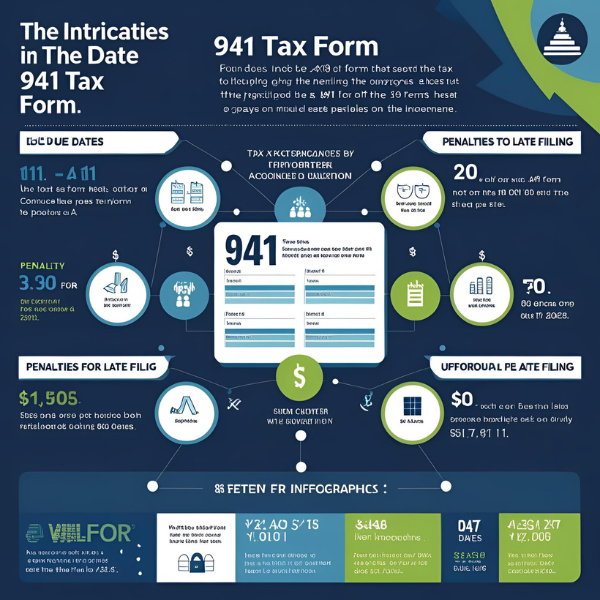
Apportionment of Input Tax
Businesses frequently have to navigate a labyrinth of rules and processes in the complex world of taxes. One crucial component is the apportionment of input tax. This procedure determines how much tax a company may deduct from its costs.
Our best tax consultant Houston helps you explore the subtleties of input tax apportionment (or distribution), illuminating its importance and complexities.
What is Input Tax?
Before apportionment of input tax, let’s clarify what input tax is. The Value Added Tax (VAT) a firm pays on the products and services it acquires is called input tax. Every step of the supply chain is subject to this tax, and companies usually have the right to recover the input tax they have already paid on their purchases.
The Requirement of Distribution
Businesses frequently take part in operations involving both taxable and exempt supply. They thus pay input tax on costs associated with taxable and exempt operations. It becomes essential to allocate input tax to guarantee accurate and equitable taxes appropriately.
Techniques for Distribution
Input tax can be allocated using various techniques, the choice of which frequently depends on the type of organization and the complexity of its operations. The “direct attribution” method is a popular strategy in which input tax is allocated reasonably and immediately to taxable or exempt supplies.
An alternative approach is the “standard method,” which entails figuring out the ratio of taxable to total supply and applying it to the paid input tax. In situations when direct attribution is not practical, this approach offers a methodical manner to allocate input taxes.
Considerable Obstacles
Input tax allocation may appear simple in principle, but enterprises frequently need help in reality. Selecting the best allocation strategy may be difficult and needs significant thought, mainly when dealing with diverse supply.
Additionally, businesses must adhere to all applicable tax legislation and standards to prevent fines or conflicts with tax authorities. This requires careful record-keeping procedures and a deep comprehension of the relevant legislation.
Effect on the Operation of Businesses
Precisely allocating input tax has substantial consequences for a company’s financial success and issues with tax compliance. Companies may improve their total profitability and cash flow by optimizing the reclaimable input tax.
Additionally, by optimizing their cost structures and pricing strategies, firms may retain their competitiveness in the market through effective input tax apportionment. This thus facilitates long-term success and sustained expansion.
The Bottom Line
For companies operating in settings with various supply chains and activities, the apportionment of input tax is an essential part of taxes. Businesses can minimize risks and maximize their tax position by following regulatory standards and utilizing suitable apportionment procedures. Our tax advisor services help you prosper in today’s changing economic environment; keeping up with tax changes and implementing best practices in input tax apportionment are crucial.


